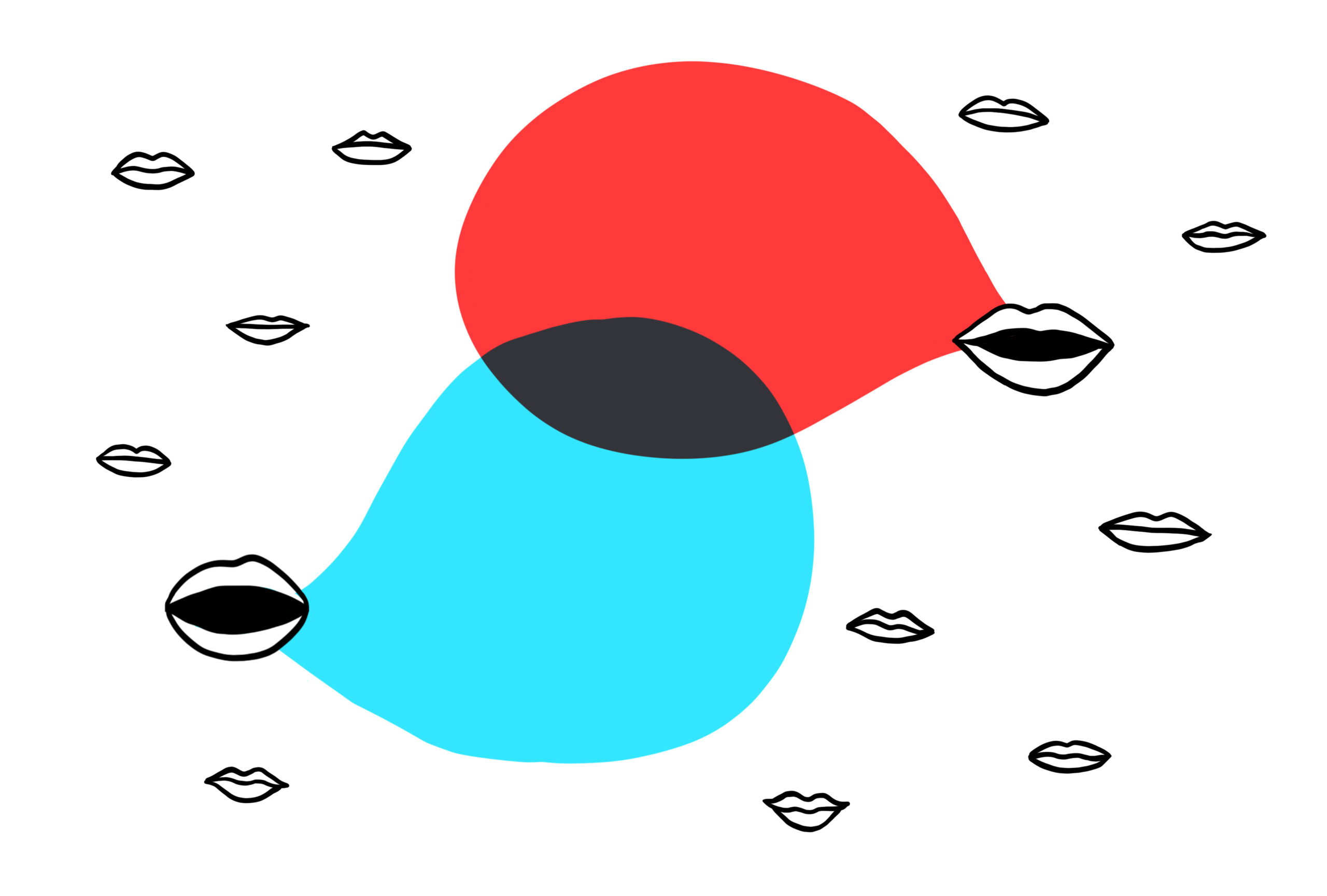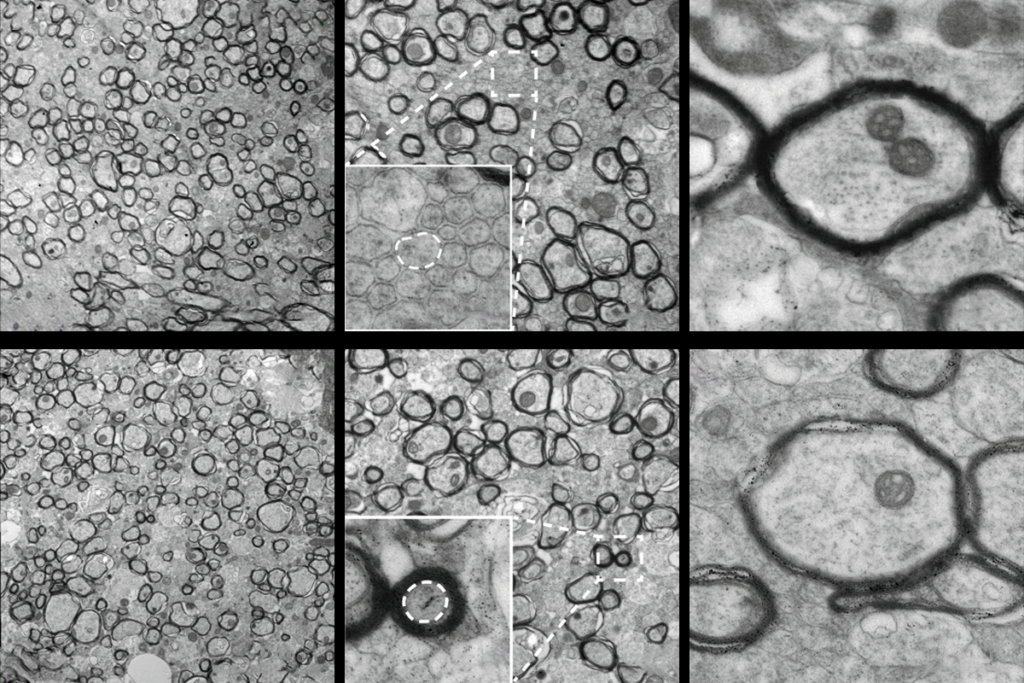Hello, and welcome to Spectrum’s Community Newsletter. In this edition, we’re coming to you with social media musings from #ASHG21, which took place virtually (again) last week — something several attendees lamented online.
According to Twitter chatter, the posters were particularly problematic. For one thing, the sessions offered no way to video chat spontaneously with presenters — a serious shortcoming, said Gholson Lyon of Cold Spring Harbor Laboratory in New York. “Seems like a no-brainer to do this!”
just realizing that poster session has no video component, so cannot meet or see presenters. Is it just too expensive to allow Video Chats during the one hour presentations of posters? not good to only chat in text box…. #ASHG21 or #ASHG2021
— Gholson Lyon (@GholsonLyon) October 18, 2021
Others struggled to even tune in. “Am I dumb?” asked Clement Chow, associate professor of human genetics at the University of Utah in Salt Lake City. People tweeting him breadcrumbs to the sessions commiserated, noting that the navigation was “painful,” the search function didn’t work, and they seemed trapped in an endless loop of clicking between sites.
Am I dumb? I can't figure out how to watch the poster talks. no link on the Online Planner? #ASHG21
— Clement Chow (@ClementYChow) October 18, 2021
John Belmont, adjunct professor of molecular and human genetics at Baylor College of Medicine in Houston, Texas, held nothing back in a tweet about the virtual assistant chatbot.
https://twitter.com/jwbelmon/status/1450136684151070724
And the lack of easy interaction with colleagues disappointed Tuuli Lappalainen, associate professor of systems biology at Colombia University. “For me, conferences are less about the specific scientific content and more about connecting with people,” she tweeted.
I wish we were able to have #ASHG21 in person. They're doing a good job organizing this, but it's just not the same thing at all. For me, conferences are less about the specific scientific content and more about connecting with people.
— Tuuli Lappalainen (@tuuliel) October 18, 2021
At least for conference attendees who missed the chance to sightsee in Montreal, Canada, where the meeting was originally slated to take place, genetic epidemiologist Marie-Julie Favé of the Ontario Institute for Cancer Research had them covered.
Bonjour Hi #ASHG21!
Sad to be missing on Montréal this year?
Before hitting the talks this morning I decided to hop on my bike and take you with me on a quick tour to show you what you missed!
Here we go in the beautiful sun, crisp blue sky and falling leaves! #ASHG21 pic.twitter.com/rcKoqzhRPP
— Marie-Julie Favé (@MJ_Fave) October 20, 2021
The meeting’s scientific content didn’t disappoint. Spectrum covered some autism-specific findings, including unpublished results from two independent teams on the divergent effects of autism-linked genes on cognition and contributions to the condition coming from noncoding regions of the genome.
Jack Kosmicki, a statistician at Regeneron Genetics Center in Tarrytown, New York, lauded his team’s study, published on 18 October in Nature, that sequenced the exomes of 454,787 U.K. Biobank participants — and, unlike much previous work, analyzed all of the ancestries represented, not just the European ones.
Huge congrats to @jdbackman, Manuel Ferreira, @gabecasis, @RegeneronDNA, and co. on @Nature 450k exome @uk_biobank paper 🎉🎉🎉
Especially exciting to see ALL ancestries analyzed (not just EUR like most other UKB exome papers thus far)https://t.co/r62fsuH4wE pic.twitter.com/nmdx25HbXn
— Jack Kosmicki (@jakphd) October 18, 2021
Collaborator and Regeneron scientist Veera Rajagopal wrote a thread offering up “four key insights” from the “landmark achievement.”
Today marks a landmark achievement in the history of human genetics. An analysis of more than half a million human exomes was published in @Nature by Regeneron scientists.
A thread on *four key insights* from this phenomenal achievement. https://t.co/sfHy0uCBzo
— Veera Rajagopal (@doctorveera) October 19, 2021
Don’t forget to register for our 28 October webinar, featuring Zachary J. Williams, a medical and doctoral student at Vanderbilt University in Nashville, Tennessee, who will speak about measuring alexithymia in autistic people.
That’s it for this week’s Community Newsletter! If you have any suggestions for interesting social posts you saw in the autism research sphere, feel free to send an email to [email protected]. See you next week!






